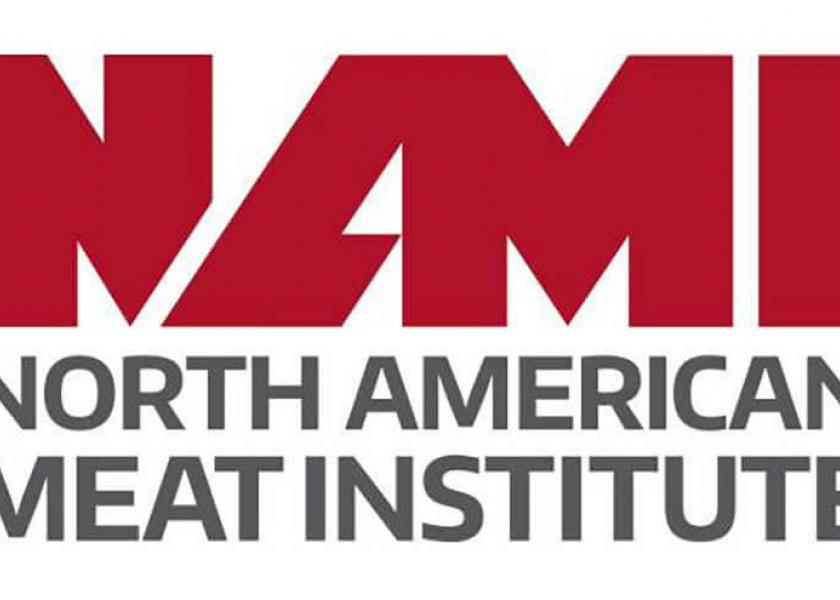Landmark Tool Supports Meat Sector Greenhouse Gas Reduction Targets

A new tool released jointly today by the North American Meat Institute (Meat Institute) and the United Nations Global Compact Network USA (the U.S. chapter of the United Nations Global Compact) will aid meat companies of all sizes in measuring greenhouse gas (GHG) emissions – advancing the Meat Institute’s aim for 100% of its members to set science-based GHG reduction targets in line with the Paris Climate Agreement.
The tool was developed through Meat Institute member participation in the UN Global Compact Network USA’s Climate Ambition Accelerator program, a six-month program designed to equip companies with the knowledge and skills to path toward achieving net-zero emissions by 2050.
The tool uses real-life data methodologies and structural details (with data randomized and company details anonymized) to provide a concrete example that takes readers from defining a company’s operational and organizational boundaries through understanding and measuring its direct, indirect, and value chain emissions (scope 1, 2, and 3).
Network USA Executive Director Adam Roy Gordon applauded the new tool and called for further public-private partnership to advance global goals:
“Ambitious business leaders recognize that taking climate action goes hand in hand with building prosperous communities, businesses and economies. Developing and disseminating resources that share technical expertise is key to empowering businesses to fulfill meaningful emissions reductions at scale.”
Meat Institute President and CEO Julie Anna Potts added:
“Sustaining meat for generations to come requires not only clear vision but also a concrete commitment to developing practical resources, like the GHG inventory tool, that help companies of all sizes implement best practices sector-wide.
"The GHG inventory tool is a major step toward achieving the Meat Institute’s Protein PACT targets, which advance continuous improvement in the sector and sustainability of all kinds - environmental, economic, and social.”
Directly citing GHG Protocol and other relevant international standards, the tool defines key terms, details data collection and science-based calculation methodologies, provides alternative calculation methods, and shares other resources that might be of assistance to companies conducting GHG inventories.
To view the new guidance tool, click here.







